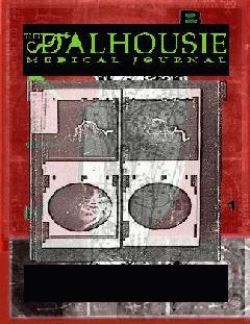Playing With Fire: The Ethics of Germ Line Genetic Therapy
DOI:
https://doi.org/10.15273/dmj.Vol25No2.3727Abstract
Due to several recent, highly publicized advances in genetic engineering, public interest in potential human genetic therapy applications is currently very high. Some forms of genetic therapy, such as somatic cell therapy, have generally been accepted. Germ line genetic therapy, has not been as openly endorsed. In fact, currently existing restrictions ban the use of any human germ line genetic therapy. Despite these restrictions the future role of germ line therapy is far from being resolved. Research is still being conducted using animal models and knowledge is being acquired from human somatic cell research. This paper reviews the major issues that should be ad-dressed in order to properly deal with the ethical dilemmas that may arise from the use of germ line genetic therapy.Downloads
How to Cite
King, C. K. K. (1997). Playing With Fire: The Ethics of Germ Line Genetic Therapy. DALHOUSIE MEDICAL JOURNAL, 25(2). https://doi.org/10.15273/dmj.Vol25No2.3727
Issue
Section
Original Research
License
Authors who publish with this journal agree to the following terms:
- Authors retain copyright and grant the journal right of first publication with the work simultaneously licensed under a Creative Commons Attribution License that allows others to share the work with an acknowledgement of the work's authorship and initial publication in this journal.
- Authors are able to enter into separate, additional contractual arrangements for the non-exclusive distribution of the journal's published version of the work (e.g., post it to an institutional repository or publish it in a book), with an acknowledgement of its initial publication in this journal.
- Authors are permitted and encouraged to post their work online (e.g., in institutional repositories or on their website) prior to and during the submission process, as it can lead to productive exchanges, as well as earlier and greater citation of published work (See The Effect of Open Access).


